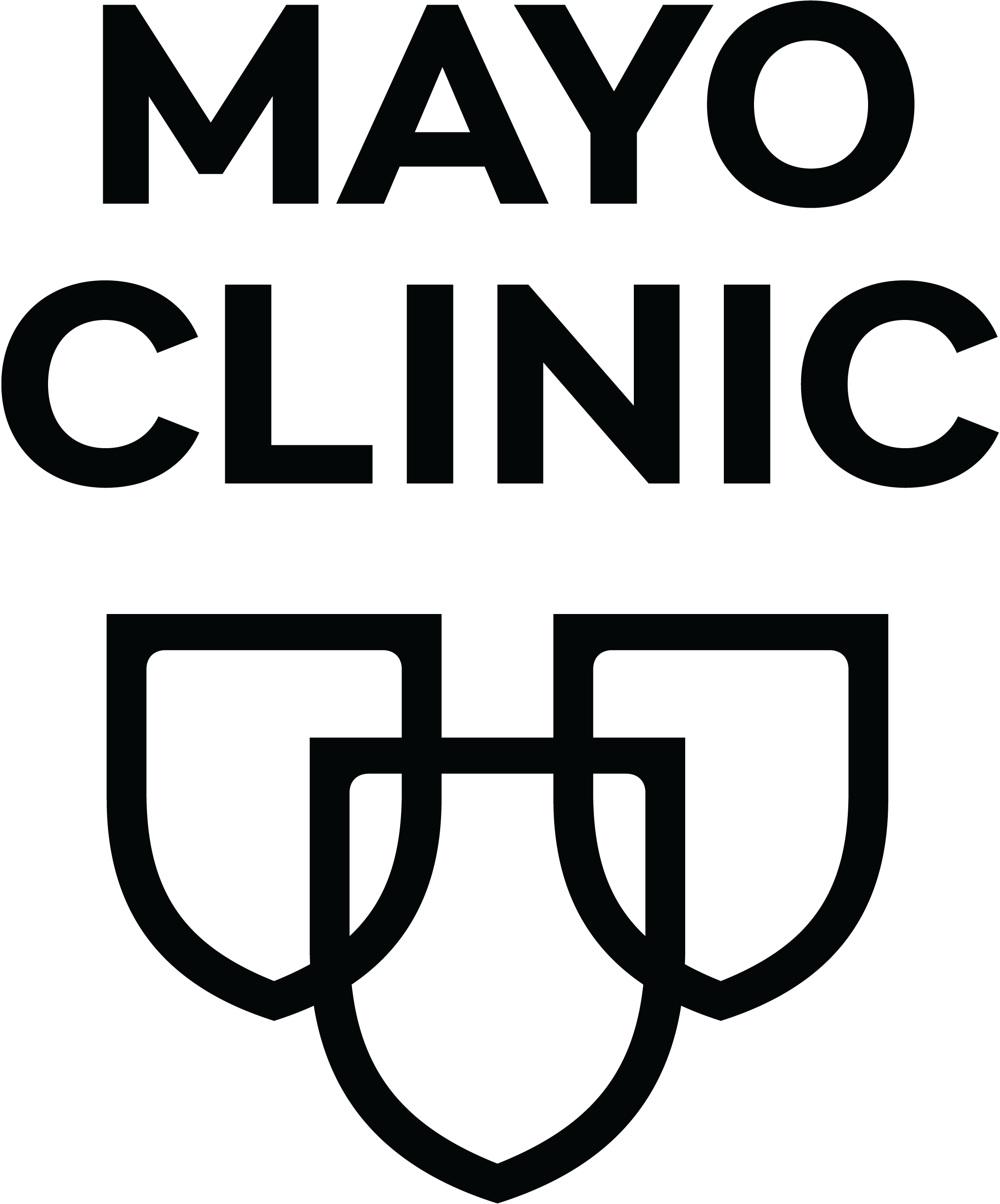4 things to know about RA and heart disease
6/8/2017 by Dr. Elliot Bruhl

Most people know that rheumatoid arthritis (RA) affects the joints, causing swelling and pain. However, it also affects multiple organ systems. Before new medications were introduced in the 1980s and '90s, RA often progressed rapidly and resulted in early deaths for many who had the disease. Modern drugs have greatly improved both quality of life and survival for people with RA, but it continues to be a major threat to their health.
Research has found one of the most important areas of added risk is cardiovascular disease. Here are four things those with RA should know about this complex link between it and heart disease:
- Inflammation. RA increases the risk of coronary artery disease, which can cause heart attacks. This probably is due to the overall higher level of inflammation caused by RA. Inflammation increases the chance of developing plaques in the arteries supplying blood to the heart.
- Less exercise. Most with RA exercise less, due to joint pain. Regular exercise is important for preventing coronary artery disease and heart attacks. Less exercise can contribute to higher risk for these health issues.
- Steroid use. To control their disease, many with RA require frequent or long-term use of glucocorticoids (steroids). While steroids usually are not associated with more risk for heart disease, chronic use by those with RA does seem to increase the risk. The reason is not understood and still is being researched.
- Other pain relievers. Many with RA also tend to use NSAIDS and (cox)-2 inhibitors, such as Motrin and Celebrex, to control their pain. These medications have been shown to increase the risk of heart attack for all patients when used frequently or in high doses. The risk is somewhat higher for individuals with RA because they are more likely to use these drugs.
People with RA should work with their provider to reduce their risk of cardiovascular disease as much as possible. These strategies have been shown to help:
- Stop smoking! There are many ways available to help people stop smoking, including nicotine replacement, counseling and inpatient treatment.
- Eat healthy foods. Those with RA should eat a healthy diet low in fat and rich in fruits and vegetables. If their cholesterol is above normal, they should discuss medications for controlling it with their provider.
- Set treatment goals. While is may be possible for many to eliminate the use of NSAIDS and steroids, they should work with their provider to set goals for minimizing their use, yet still control pain and improve mobility.
- Exercise more. Many studies show that regular activity, whether walking, swimming or just working around the house, reduces the overall fatigue and pain caused by RA. It also has the added benefit of reducing the risk of heart disease.
Dr. Elliot Bruhl is a family physician practicing primary care medicine in Employee and Community Health's (ECH) Department of Family Medicine at Mayo Family Clinic Northwest, where he also serves as the clinic's medical director.
